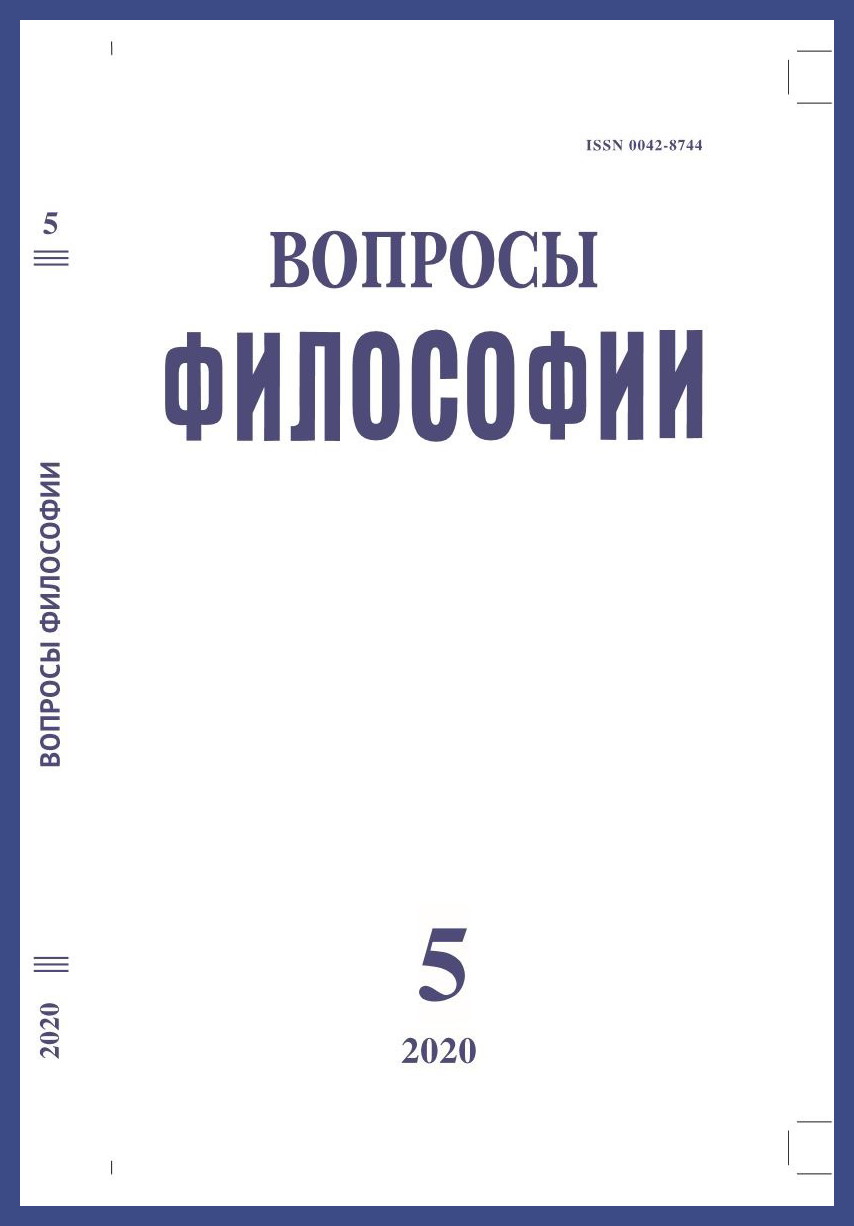Human Genome Editing: Legal Restrictions, Moral Permissions or Religious Prohibitions?
DOI:
https://doi.org/10.21146/0042-8744-2020-5-116-127Keywords:
law, morality, religion, social regulation, human genome, genome editing, CRISPR-Cas9 technology, philosophy of lawAbstract
The creation of CRISPR-Cas9 genome editing technology, which opened up possibilities for human physical and cognitive enhancement, sharply updated the problem of providing global legal guarantees for safe technological development in this area. Currently, the international regulation of genomic research and technology is mainly carried out through recommendations and declarations that express the consensus reached in the ethical discourse. Difficulties in transferring the regulation of this sphere to the legal level are clearly demonstrated by the experience of the Convention for the Protection of Human Rights and Dignity of the Human Being with regard to the Application of Biology and Medicine. The underlying the Convention ius naturale doctrine, which is characterized by the identification of law and morality (in secular versions of ius naturale) or law, morality and religion (in religious teachings), significantly affects its insufficient regulatory potential. Meanwhile, these are essentially different regulators with their specific principles, which compete in the space of relations in the field of biomedicine. The necessity to find the optimal balance between them requires appropriate philosophical and law support. In relation for the modification to the inherited human genome as the most controversial issue, such a balance can be built on the synthesis of Russian religious and philosophical concept of all-unity and the idea of the future generations rights, expressing the law principle of formal equality between generations as links in the human race progressive development, which is united in its socio-biological basis

